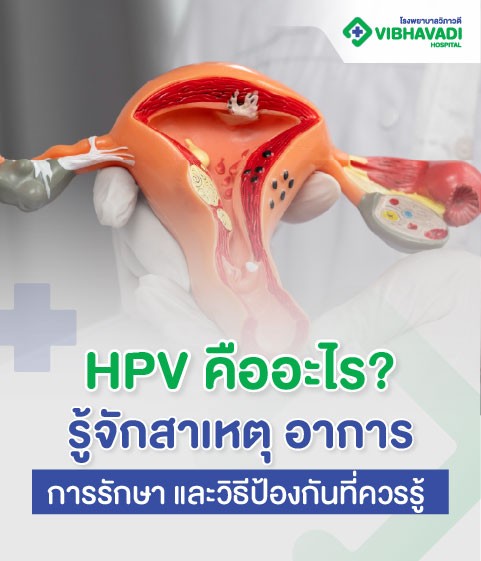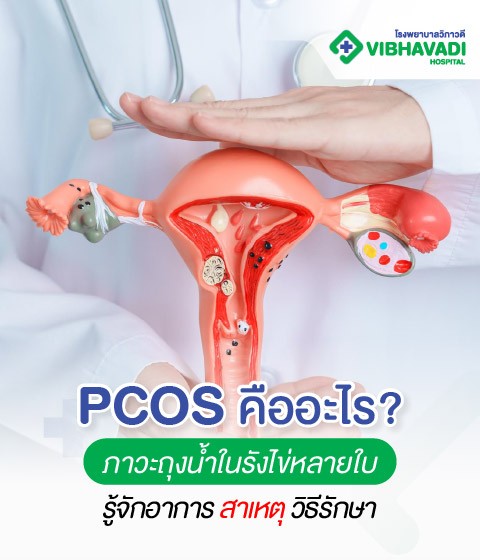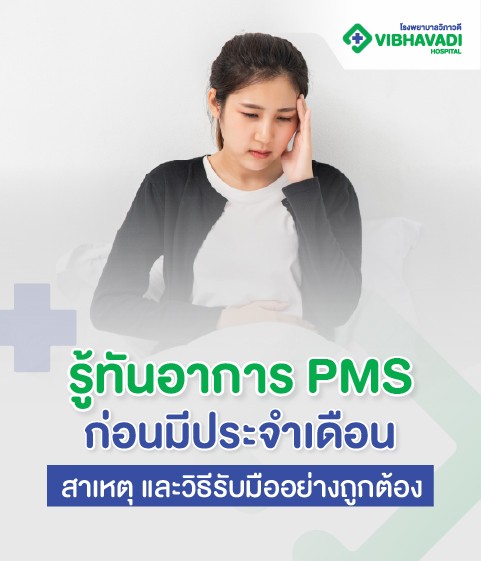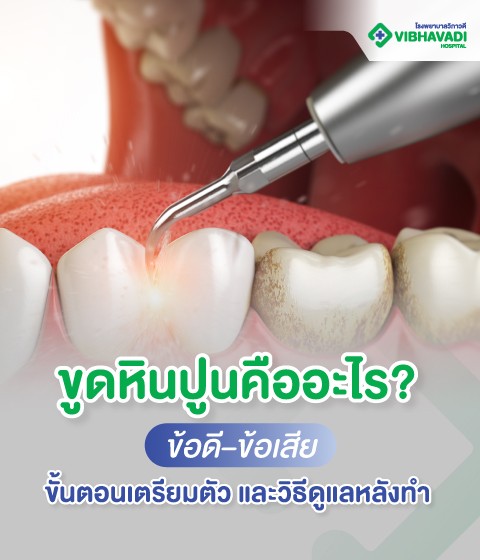Nasal Congestion
Understanding Nasal Congestion: Causes, Symptoms, and Treatments
Nasal congestion, often referred to as a "stuffy nose," is a common symptom that can significantly affect your quality of life. Whether it's a temporary blockage due to allergies or a chronic condition requiring medical intervention, understanding the root cause is crucial for effective treatment.
At Vibhavadi Hospital, we provide comprehensive diagnostic and treatment services for nasal congestion and its underlying causes. Our ENT (Ear, Nose, and Throat) specialists are equipped with advanced tools and techniques to ensure accurate diagnosis and tailored care.
What Is Nasal Congestion?
Nasal congestion occurs when the nasal tissues become swollen due to inflamed blood vessels, often accompanied by excess mucus production. It is not just a minor annoyance—it can interfere with breathing, sleep, and daily comfort.
Common Symptoms of Nasal Congestion
Difficulty breathing through the nose
A feeling of fullness or pressure in the face or sinuses
Runny nose (rhinorrhea)
Postnasal drip
Reduced sense of smell or taste
Snoring or disturbed sleep
Common Causes of Nasal Congestion
Nasal congestion can arise from various short-term and long-term conditions.
Acute Causes
Viral Infections
The most common cause of a stuffy nose is a viral upper respiratory infection like the common cold or flu.
Allergies
Allergic rhinitis, triggered by allergens such as pollen, dust, pet dander, or mold, can cause inflammation and mucus production in the nasal passages.
Sinusitis
Acute or chronic sinus infections can lead to inflammation of the sinus lining, resulting in congestion.
Environmental Irritants
Smoke, strong odors, and air pollution may irritate nasal passages and contribute to congestion.
Chronic Causes
Nasal Polyps
These non-cancerous growths in the nasal lining can block airflow and trap mucus.
Deviated Nasal Septum
A crooked or displaced septum can partially or fully obstruct one side of the nose, leading to chronic congestion.
Enlarged Turbinates
Turbinates are structures in the nasal cavity that help filter air. When enlarged, they can limit airflow and cause long-term stuffiness.
Hormonal Changes
Pregnancy or thyroid disorders may cause nasal swelling due to changes in blood flow and hormone levels.
Risk Factors for Chronic Nasal Congestion
Smoking and exposure to secondhand smoke
Living in areas with high pollution
Family history of allergies or nasal conditions
History of frequent respiratory infections
Use of certain medications (e.g., nasal decongestant sprays for more than 3 days)
When to See a Doctor
If nasal congestion lasts more than 10 days, is accompanied by high fever, facial pain, or colored nasal discharge, or if it disrupts sleep or daily activities, a medical consultation is recommended.
Diagnosis at Vibhavadi Hospital
Our team at Vibhavadi Hospital uses a combination of physical examination, imaging, and allergy testing to determine the cause of nasal congestion.
Diagnostic Techniques Include:
Nasal Endoscopy
A thin, flexible tube with a camera is used to examine nasal passages and sinuses.
Allergy Testing
Skin or blood tests can determine if allergens are triggering the congestion.
Sinus CT Scan
Provides detailed images of sinus structures to detect blockages or inflammation.
Treatment Options for Nasal Congestion
Treatment depends on the underlying cause and may involve medication, lifestyle changes, or surgical procedures.
Medical Treatments
Decongestant Sprays
Short-term relief, but not recommended for long-term use due to rebound congestion.
Antihistamines
Useful for allergic rhinitis, reducing nasal swelling and runny nose.
Nasal Corticosteroids
Reduce inflammation in chronic conditions like nasal polyps or allergic rhinitis.
Saline Irrigation
Helps flush out mucus, allergens, and irritants.
Advanced Treatments and Surgical Options
Septoplasty
Surgical correction of a deviated septum to improve airflow.
Turbinate Reduction
Minimally invasive procedure to shrink enlarged turbinates.
Endoscopic Sinus Surgery
Used to remove polyps or correct anatomical issues within the sinuses.
ENT Services at Vibhavadi Hospital
We offer comprehensive care for patients with nasal congestion:
ENT consultation with experienced otolaryngologists
Nasal endoscopy and imaging services
Allergy testing and immunotherapy
Surgical treatment of nasal conditions
Post-operative care and monitoring
Expert Medical Team
Our ENT specialists at Vibhavadi Hospital have extensive experience in managing complex nasal conditions. They work closely with allergy specialists, pulmonologists, and radiologists to provide multidisciplinary care.
FAQ About Nasal Congestion
Q: Can nasal congestion be a sign of a serious condition?
A: While often harmless, chronic or severe congestion can indicate sinusitis, nasal polyps, or structural abnormalities. It's best to seek medical evaluation.
Q: Is surgery the only option for chronic nasal congestion?
A: Not necessarily. Many cases can be managed with medication and lifestyle changes. Surgery is reserved for structural or treatment-resistant cases.
Q: Are decongestant sprays safe for long-term use?
A: No. Overuse of sprays like oxymetazoline can cause rebound congestion, worsening the condition. Use for a maximum of 3 days unless directed by a doctor.
Q: Can allergies cause long-term nasal congestion?
A: Yes, untreated allergic rhinitis is a common cause of chronic nasal congestion and may require ongoing management with antihistamines or immunotherapy.
Q: Does Vibhavadi Hospital offer pediatric ENT care?
A: Yes, we provide ENT services for children, including diagnosis and treatment of nasal congestion related to allergies or anatomical issues.















